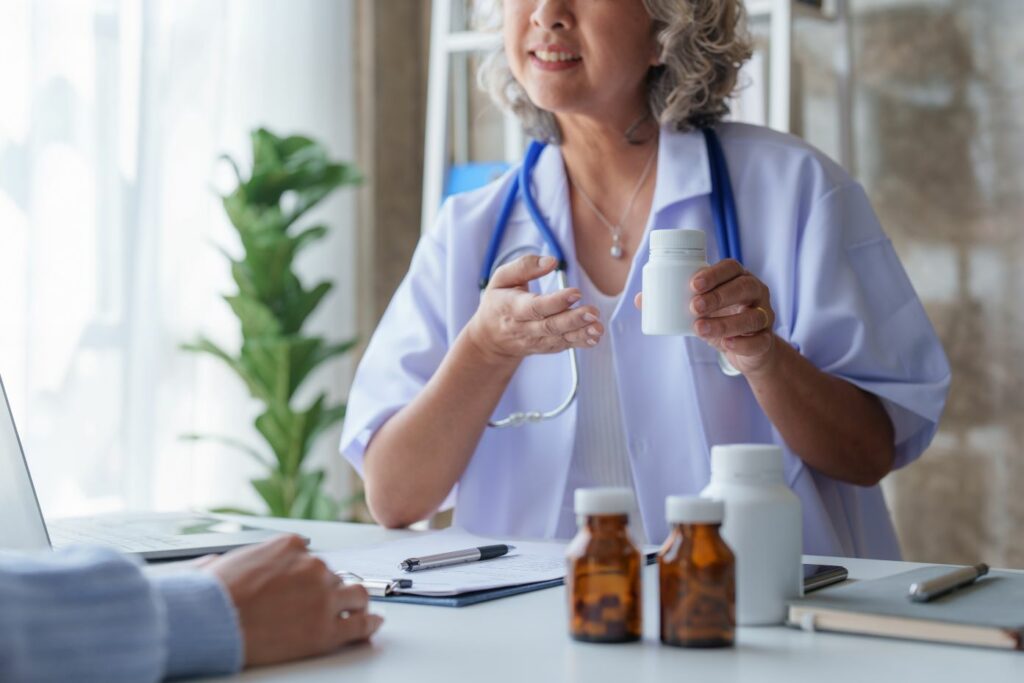Introduction
In today's world, understanding emergency treatment is not simply an ability; it is a necessity that can conserve lives. Whether it's a cpr.com.au little cut from kitchen area knife mishaps or dealing with much more extreme injuries throughout bushfire season, being prepared with the right tools and understanding can make all the distinction. This thorough guide discovers First Help Basics: Essential House Items for each Home, supplying you with insights right into essential things, their usages, and exactly how they add to area health.
This short article dives deep into the function of these essentials in daily situations, stressing their significance in both family settings and community health. By furnishing your home with these must-have things, you're not only securing your household however likewise adding positively to public safety.
First Help Essentials: Must-Have Home Products for each Home
Every home should be furnished with certain emergency treatment things to handle typical emergencies efficiently. Below is https://cpr.com.au/course/hltaid009-cpr-blended-course/ a categorized list of must-have basics:
Essential Emergency treatment Supplies
Adhesive Bandages- For small cuts and abrasions.
- Ideal for covering larger wounds.
- Helps in cleansing wounds to stop infection.
- Useful for safeguarding gauze pads.
- Perfect for getting rid of splinters or ticks.
- Essential for reducing tape, gauze, or garments if needed.
- Reduces swelling and numbs pain instantly.
- Great for covering strains or strains.
- Helps check body temperature level throughout fever.
- Provides remedy for small burns.
Medication Essentials
Pain Reducers (like Advil or Acetaminophen)- Effective for decreasing pain and inflammation.
- Vital for sensitive reactions.
- Useful for insect attacks and rashes.
- Often made use of throughout believed cardiac arrest (adhering to medical suggestions).
Tools and Equipment
CPR Face Guard or Mask- Protects during mouth-to-mouth resuscitation.
- A convenient reference that supplies guidelines in emergencies.
- Retains temperature in case of shock or cold exposure.
- Essential throughout power blackouts and emergency situations at night.
- For getaways or travel; ensures you're always prepared far from home.
Preventative Measures
Fire Extinguisher Operation Knowledge- Knowing just how to run a fire extinguisher can save lives in case of fire emergencies.
Fall Prevention Tips Around the Home
- Installing hand rails on stairs. Ensuring adequate illumination in hallways.
Recognising Pet dog Distress

- Understanding indications of distress in pet dogs can aid prevent significant situations.
The Duty of First Aid in Area Health
Understanding emergency treatment goes beyond personal safety; it plays an essential role in community wellness also.
Community Involvement
Many companies advertise emergency treatment awareness campaigns, educating residents on how to respond successfully in emergency situations, thus fostering a culture of preparedness within communities.
Founding of St John Ambulance
The starting of St John Ambulance highlights the relevance of emergency treatment training in culture's textile by supplying programs that empower people to act promptly and confidently throughout clinical emergencies.
Training Opportunities
Community facilities often give workshops focused on first-aid training-- these programs are important as they teach people valuable skills like:
- Recognising symptoms Gaining permission in different neighborhoods prior to providing help Treating minor injuries on yourself and others without panic
Dealing with Usual Injuries at Home
From cuts to sprains, understanding exactly how to manage common injuries can dramatically decrease healing time and enhance outcomes.

Kitchen Blade Cuts
Kitchen knife cuts are prevalent yet frequently manageable if treated properly:

Treating Minor Injuries on Yourself
If you locate on your own injured while food preparation or doing home fixings:
- Stay tranquility; stressing can worsen injury severity. Follow standard first-aid treatments such as cleaning the wound thoroughly and using a plaster properly.
Emergencies During Bushfire Season
Bushfire season positions unique difficulties that call for special focus relating to first aid preparedness.
Common Injuries Connected with Bushfires
Smoke inhalation Burn injuries from fires or warm embers Respiratory concerns as a result of poor air qualityWhat To Include In Your Bushfire Readiness Kit
- N95 masks for respiratory system protection Water bottles An emergency situation blanket
FAQs Regarding First Aid Essentials
What items must I include in my emergency treatment kit?
Answer: Your set must consist of adhesive bandages, antibacterial wipes, gauze pads, scissors, tweezers, pain relievers like advil, allergic reaction drug, a thermostat, burn lotion, stretchable bandages, an emergency blanket, and CPR deal with guards among others.
How do I deal with a nosebleed?
Answer: Turn your head back slightly (though not too much), squeeze your nose simply above your nostrils using your thumb and index finger, hold it strongly for around 10 minutes until bleeding stops.
Why is it vital to have a mobile first aid kit?
Answer: A portable set ensures you are planned for clinical emergencies when far from home-- whether treking, taking a trip or going to exterior events.
What should I do if a person has a sensitive reaction?
Answer: Call emergency services promptly if symptoms are severe; provide antihistamines if proper while waiting on professional help.
How do I carry out CPR effectively?
Answer: The basic actions consist of calling emergency services first; after that start breast compressions at a rate of 100-- 120 per min adhered to by rescue breaths if trained.
Can I use my home materials as part of my first aid kit?
Answer: Yes! Several household products can function as efficient first-aid products-- simply guarantee they're tidy and ideal for treating injuries.
Conclusion
Being equipped with the best knowledge and supplies with understanding of First Help Basics: Must-Have Family Products for each Home enables people not just to protect themselves but also contributes positively to area health and wellness campaigns by cultivating understanding around critical treatment practices.
Your dedication to preparing your home will encourage you to deal with health and wellness crises efficiently while boosting collective safety and security within your neighborhood context! So take those aggressive steps today-- furnish your home appropriately-- and remember: expertise is power when it concerns conserving lives!